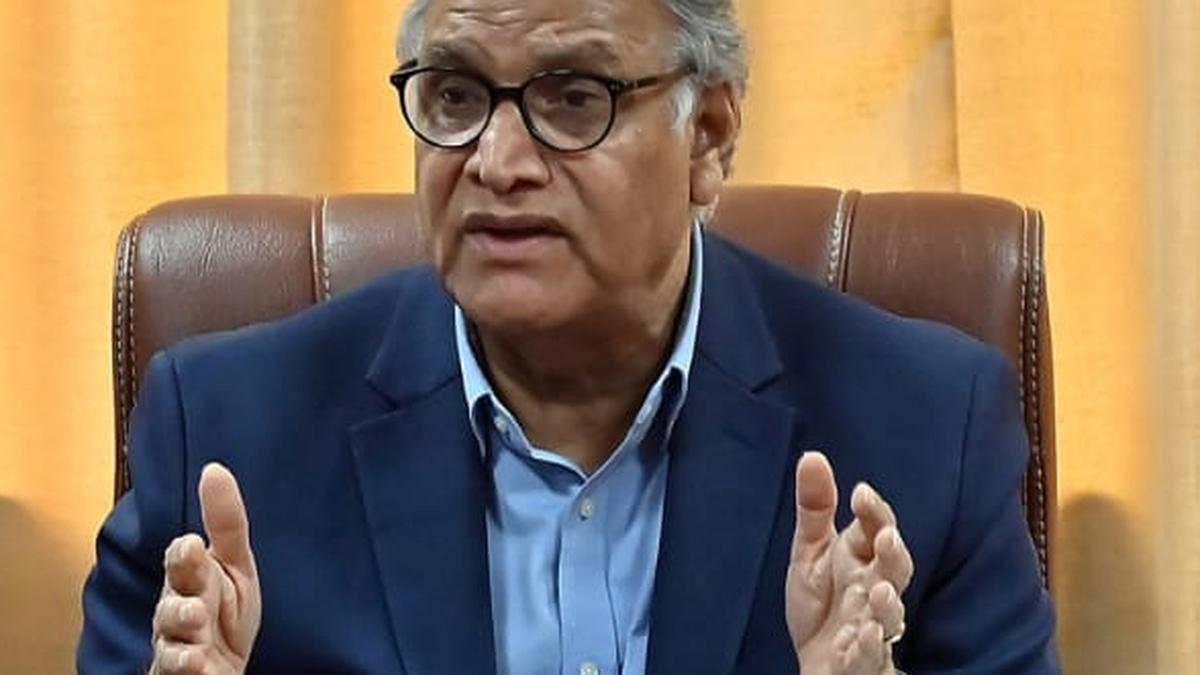Now Reading: SEP Proposes Admission Reservations for SC/ST, OBC Students in Private Institutions
-
01
SEP Proposes Admission Reservations for SC/ST, OBC Students in Private Institutions
SEP Proposes Admission Reservations for SC/ST, OBC Students in Private Institutions

Quick Summary
- The State Education Policy (SEP) Commission of Karnataka, chaired by Prof. Sukhadeo Thorat, submitted its report recommending reservation in admissions for Scheduled Castes (SCs), Scheduled tribes (STs), and Other Backward Classes (OBCs) in private unaided colleges, private universities, and government standalone institutions.
- This suggestion is based on Article 15(5) of the Constitution, which allows reservations in private unaided institutions but requires states to formulate regulations. Karnataka coudl lead implementation in this very way provisions are not enacted elsewhere.
- Karnataka has significant privatisation in education with 60% universities/colleges being private or unaided; 72% of students study at these institutions where high fees exclude many lower-income families.
- Financial support was also suggested for students from lower-income groups admitted to these institutions due to cost barriers.
Rohith Vemula Act:
- The SEP Commission proposed that the State enact an anti-discrimination law named the Rohith Vemula Act addressing diversity and discrimination issues related to caste, religion, gender or other factors within higher educational settings.
Indian Opinion analysis
The SEP commission’s recommendations highlight significant inequities in access to higher education driven by socioeconomic barriers.Extending reservations into private unaided institutions may considerably improve portrayal among SCs/STs/OBCs if implemented efficiently. However, proper regulatory frameworks would be essential to ensure fairness.
karnataka’s large-scale privatisation underscores concerns regarding affordability; financial aid for economically disadvantaged students could balance accessibility while promoting inclusivity without compromising merit-based admissions.
The proposal for a new anti-discrimination law underlines ongoing challenges related to diversity across educational spaces. Enacting laws like the Rohith Vemula Act may address systemic biases comprehensively while fostering inclusive values within institutional structures-a progressive step with potential national implications.Read more: [Link not provided]






















